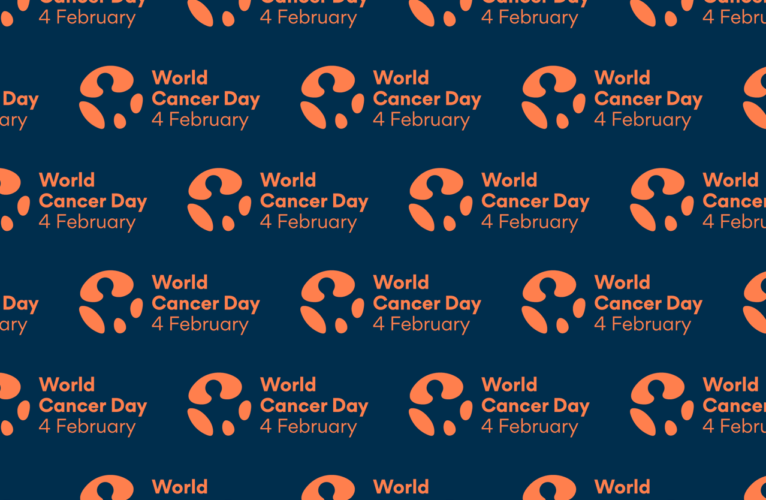
The World Health Organization cites cancer as the second leading cause of death across the world. In 2018, cancer accounted for nearly one in six deaths. Cancer continues to place an enormous burden not only on health systems, but on the overall community, families and individuals.
The Union for International Cancer Control (UICC) is dedicated to leading support within the cancer community and reducing the global cancer burden. One of its leading initiatives is World Cancer Day. In 2000, six cancer experts drafted the Charter of Paris Against Cancer which highlights the need for access to quality care and funding for research. This year (4 February 2020) marks the 20th anniversary of World Cancer Day.
The theme of World Cancer Day from 2019–2021 is I Am and I Will. This is a call to action for personal commitment, representing the power of action taken now to impact the future.
All.Can works to improve the efficiency of cancer care by focusing on what matters to patients. It is a multi-stakeholder initiative that draws on the varied expertise of members from all areas of cancer care, including patient advocates, healthcare professionals, academics and industry. On this World Cancer Day, we have collected pledges from our members, affirming I Am and I Will.
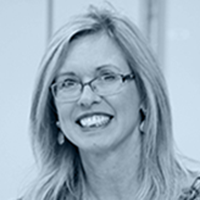
‘I am part of a research group and I will continue to discover the best way to deliver excellent cancer care for all patients.’
Professor Christobel Saunders, University of Western Australia
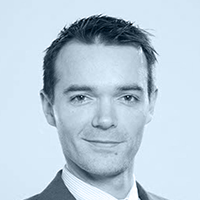
‘I am part of a research-intensive biopharma company and I will build support for healthcare policies that extend and improve the lives of people with cancer.’
Matthijs Van Meerveld, MSD
All.Can believes the patient voice is an integral part of ensuring efficient and sustainable cancer care. Our membership includes several patient organisations, which have a crucial role in amplifying the voice of patients.
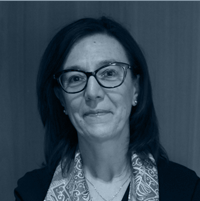
‘We are patient advocates and we will work for a Europe of equality where all patients have timely and affordable access to the best treatment and care available.’
Antonella Cardone, European Cancer Patient Coalition (ECPC)
In 2019, All.Can conducted an international patient survey, collecting patients’ perspectives on the efficiency of cancer care. Nearly 4,000 people across 10 countries responded to the survey, identifying key areas where efficiency could be improved.
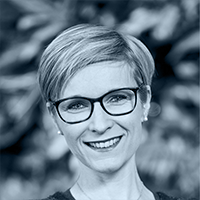
‘I am a representative of the innovative biopharma sector and I will work tirelessly in collaboration with all stakeholders to make the promise of transformational care a reality for all patients by ensuring efficiency of health systems.’
Titta Rosvall-Puplett, Bristol-Myers Squibb
One of the key themes to emerge from the All.Can patient survey surrounded inefficiency in diagnosis. Respondents were asked to choose the one area in which they experienced the most inefficiency, and 26% chose diagnosis – more than any other area of cancer care.
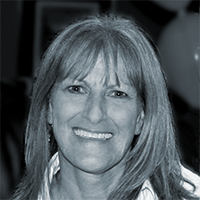
‘I am a melanoma survivor leading a patient-led not-for-profit organisation, and I will work with patients, patient groups, physicians, industry partners and policymakers to ensure swift, accurate and appropriately delivered diagnosis.’
Kathy Barnard, Save Your Skin Foundation
Another area of inefficiency highlighted in responses to the All.Can patient survey was the provision of information to patients. Respondents often felt that too much information was given all at once, rather than at relevant times during their care. Some respondents also felt that there was a partial or total lack of information about some elements of care and support that could be helpful. This included information regarding psychological support, patient support groups, nutritional care, pain, side effects and palliative care.
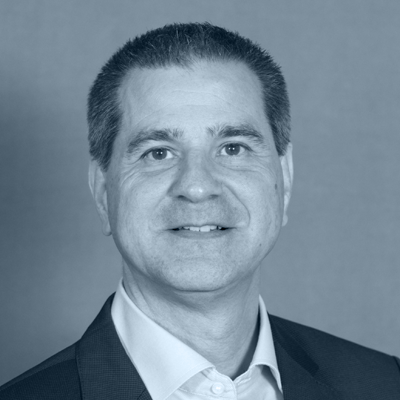
‘I am committed to helping improve outcomes for patients and I will work with physicians, nurses and pharmacists to ensure that cancer patients have access to appropriate nutritional care.’
Luigi Antoniazzi, Baxter
The findings from the All.Can patient survey are fundamental, as they represent patients’ perceptions about the efficiency of their care. Patients and caregivers live the reality of healthcare delivery, so their unique insights are valuable and must be considered alongside economic and clinical data. We must ensure that we account for patients’ views in our definitions of efficiency and inefficiency. From a policy perspective, we should not only be looking at health system reform; we should also look at how policies and societies need to adapt to adequately provide for people living with and beyond cancer.
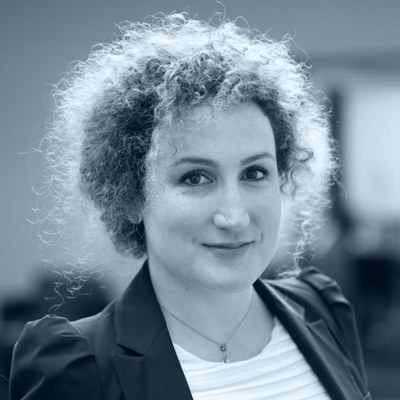
‘We are partnering with All.Can to achieve our common goal to improve the cancer patient journey. Data are critical to improving efficiency and demonstrating real improvements in care that are meaningful to patients. We will continue supporting the research around All.Can’s core purpose, while promoting the approach for open dialogue with the patient and healthcare community.’
Caroline Falciola, Roche
All.Can members come from a variety of backgrounds and carry different expertise, which is a guiding principle of All.Can. Cancer care must be improved by key players with a multisectoral approach working together to improve the sustainability and efficiency of care.
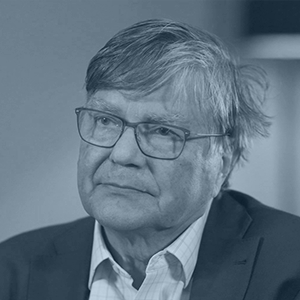
‘We are a federation of cancer societies working closely with our patient advisory committee, and we will support the recent developments in the European Union aimed at driving major initiatives against cancer.’
Dr Matti Aapro, European CanCer Organisation (ECCO)